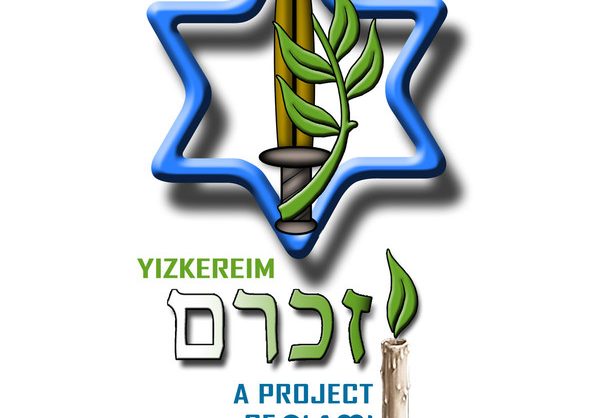Hershkowitz, Arieh
Son of Sarah and David, was born on February 10, 1930, in the town of Slatin-Dolly, and grew up in Botszana, in the Carpatho-Rossi region of Marmarosh District (then Czechoslovakia). He attended a public elementary school and a “cheder”. In the early years of World War II, he suffered from the “special treatment” of the Hungarians in the area that had been restored to their rule. In 1944 he was sent with his parents to the Auschwitz camp, separated from them and never saw them again. He was transferred to the Buchenwald camp and later to the Flossburg camp, where he was subjected to hunger and torture. When they moved him from there in late 1945, he managed to escape and hide until he was liberated by the American army. At the time of his escape his feet froze and he had to be amputated by two fingers. For two and a half years he needed medical treatment. When he recovered he joined the “Po’alei Zion” kibbutz in the city of Hame on the Czech border. Arieh moved to a training camp of the Haganah and was sent with a convoy of illegal immigrants to Eretz Israel. The convoy was captured in Austria and returned to the American zone in Germany, where its people were liberated. When he was sent again in a convoy of Gahal members, he arrived in Israel on September 13, 1948 and immediately began his service in the Negev Brigade, participated in the battles of Iraq Al-Manshiya and Beersheba, participated in Operation Horev to remove the Egyptian army from Israel, The Beersheba-Nitzana road The attacking force conquered some of the fortresses, but the Egyptians attacked and the force retreated, and when reinforcements arrived, the outposts were captured, and six bullets of the “Baran” machine gun were hit and fell on December 26, 1948. Buried On 14.8.1950 he was transferred to the eternal rest of the military cemetery in Netanya
